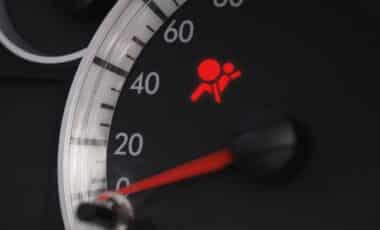State pensioners are being warned about the possibility of being caught in a 20% tax trap following the implementation of the next increase in payments. Around two-thirds of pensioners already have to pay tax, and the new state pension amounts are close to the HMRC personal allowance, which is the starting point for income tax liabilities.
Upcoming State Pension Increases
Government documents on the Chancellor’s Budget say: “To help make sure pensioners are protected in their retirement, we have also confirmed a 4.1% increase to the Basic and New State Pension, as well as the standard minimum guarantee for Pension Credit, from April next year.
“Over 12 million pensioners will benefit as the full New State Pension will rise from £221.20 to £230.25 a week, providing an extra £470 a year. The full basic State Pension will increase from £169.50 to £176.45 per week, worth an extra £360 annually.”
The recent increases, meanwhile, bring both state pension amounts closer to the £12,570 personal allowance for income tax. Under the revised rates, the revised state pension will rise to £11,973 a year and the basic state pension to £9,175.40 a year.
Impact of Increased Pension on Tax Threshold
The impact of this is that, from April 2025, a person receiving only the new State Pension will be £597 a year below the tax threshold. Individuals receiving only the Basic State Pension will continue to be below the threshold of £3,394.60 per year.
Many older pensioners, however, receive additional benefits under government schemes that predate April 2016. These three varieties are collectively known as ‘additional state pensions’: State Second Pension, which ran from 2002 to 2016; State Earnings Related Pension Scheme, also known as SERPS (1978-2002); and State Pension top-up (2015-2017).
A tax bill will be due next year for all recipients of the new state pension who receive an additional income of more than £597 a year—an extra £49.75 a month.
Meanwhile, the ‘tax bite’ that results from freezing the personal threshold while incomes rise will also result in a tax payment for anyone on the Basic State Pension who receives an Additional State Pension or other pensions totaling more than £3,394.60.
Income tax is payable on the total taxable income from all sources, including the state pension, and on the amount in excess of the allowance of £12,570. A further 20% income tax deduction is then made from any other income you may have, including private or workplace pensions.
However, if your additional income is not processed by HMRC, you will need to complete a self-assessment form and pay the tax due immediately.
According to HM Revenue and Customs (HMRC) figures, the number of people over state pension age who pay income tax has increased by 660,000, from 7.85 million in 2023-2024 to 8.51 million in 2024-2025, Pension Age reports. As a result, 68% of pensioners are currently liable to pay income tax.
Additional State Pension and Its Tax Implications
The majority of these are older pensioners who were members of the pre-2016 system, when the combination of their basic state pension with other benefits such as SERPS enabled them to significantly increase the amount of their pension. Others may receive a larger payment from a private or employer pension.
Mr. Churchill predicts that in the current tax year (2024-2025), around 900,000 more people will be over the £12,570 personal allowance mark, and a further two million people will be subject to tax before the current freeze on allowance levels ends in 2028.
Criticism of the “Stealth Tax” on Pensioners
Given that the deductions take account of the state pension, some have described them as a ‘stealth tax.’ The proposal has been made to tax only occupational or private pensions that exceed the allowable amount.










LABOUR LIARS .STARMER IS ONLY BOTHERED ABOUT IMMIGRANTS AND ISREAL …WONDER WHY